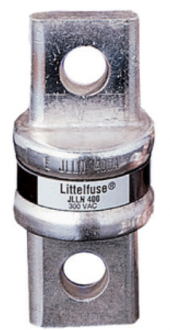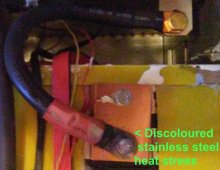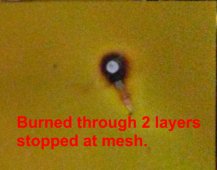Starting a poll and discussion for folks that have had a Lifepo4 cell fire be it from overcharge or an internal short or ???
After seeing what appears to be bad luck with @fhorst , who had two spontaneous and unexplained cells fires (within a year I believe) I think it would be good to know if others are seeing the same issues.
All of the studies that I have seen require an outside source to ignite the gases of a venting cell and even then the actions required to cause such a failure with venting taking place are dramatic and one that I would not expect in a solar system back up setting, very low c rates vs. let’s say an EV use.
Hoping that we can learn from each other.
(Full disclosure I have two 2p16s (64 cells) battery bank of EVE cells for 1+ years)
Thanks
After seeing what appears to be bad luck with @fhorst , who had two spontaneous and unexplained cells fires (within a year I believe) I think it would be good to know if others are seeing the same issues.
All of the studies that I have seen require an outside source to ignite the gases of a venting cell and even then the actions required to cause such a failure with venting taking place are dramatic and one that I would not expect in a solar system back up setting, very low c rates vs. let’s say an EV use.
Hoping that we can learn from each other.
(Full disclosure I have two 2p16s (64 cells) battery bank of EVE cells for 1+ years)
Thanks





